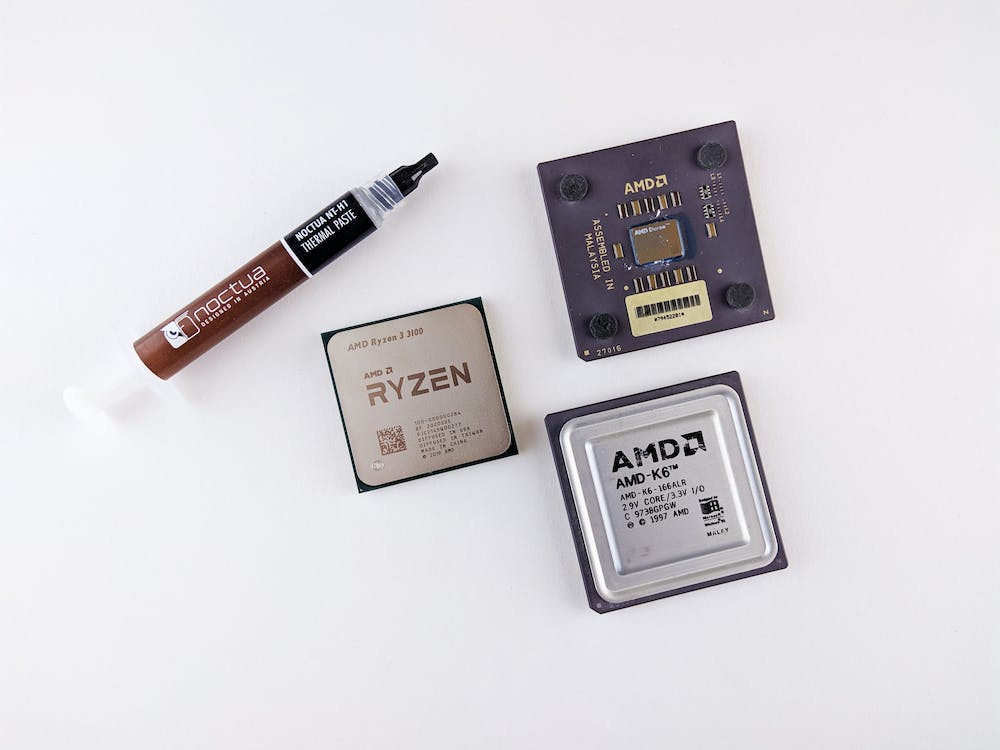After much anticipation, AMD's Zen 4 processors have been released to the public. In spite of the fact that AMD is releasing no less than four CPUs, the company understandably prioritized having reviewers try out the flagship Ryzen 9 7950X. At a list price of $699, it's out of reach for most consumers; however, it does serve to highlight AMD's capabilities. The Ryzen processor has the fastest central processing unit (CPU) in existence at this time. Raptor Lake, from Intel, is expected to arrive soon (exact release date is still unknown), and it will pose a significant challenge to AMD. However, AMD is currently enjoying the limelight as a result of its recent victory over Intel's 12th generation CPUs.
In the lead-up to the release of Zen 4, AMD boasted that it had increased instructions per clock (IPC) by 13% over its predecessor architecture. Together, that improvement and higher clock speeds allowed it to boast a 29 percent increase in single-core performance. That number is more nebulous due to the increased complexity of multi-core workloads, but AMD has nonetheless promised substantial improvements.
The Ryzen 9 7950X outperformed the Alder Lake processor on Cinebench, the industry standard for measuring multi-core performance. The Core i9's score of 27,131 pales in comparison to the i9's 35,063. Of note is the fact that this score is more than twice as high as the Ryzen 7 5800X3D. Furthermore, it represents a significant improvement over the 5950X, the flagship processor of the previous generation. However, in the Adobe Test Suite, the Ryzen CPU was only five points "faster" than the Core i9-12900K. Handbrake, a benchmark for video encoding, showed similar results. On that round, the gap between the two best computers was only nine points. In POV-Ray, too, the Ryzen chip came up short compared to the Intel CPU.
The outcomes did not reveal a KO for AMD in this arena. In most cases, it can't even match Intel's performance. However, it did not quite match the performance of the Intel Core i9 processor in 1080p gaming. The 5800X3D is an exception to the rule, but AMD's CPUs have never been known as the fastest for gaming. However, Zen 4 appears to at least narrow the gap between AMD and Intel's processors. Those anticipating Zen 4 to completely dominate Intel's gaming performance may be dismayed by these findings. They're perfectly serviceable, but they're not significantly different from what Intel provides.
The new "feature" of Zen 4 is its ability to operate at temperatures as high as 95 degrees Celsius. Some may be surprised by that, but it's consistent with what was said before the product was released. Due to their high core counts and small size, AMD's tiny chiplets generate a great deal of heat despite their relatively compact dimensions. PCMag used a 240mm AIO to test the chip and found that it reached 95C under load without resorting to overclocking. It claims that the inability of AMD's CPUs to withstand high temperatures is the reason why the company isn't packaging an air-cooler with them this time around. You could get away with a hefty Noctua cooler, but many Zen 4 owners are likely to buy liquid cooling systems.
As anticipated, AMD's Zen 4 architecture significantly increased the power requirements. This chip has a minimum thermal design power (TDP) of 170W and an upper limit of 230W. The total power consumption of 565W during PCMag's Adobe Premier tests was higher than that of any previous AMD processor. It's a power hog, using 41W more than the Core i9-12900K setup. These temperatures are only acceptable during multi-core workloads. Analyst for PCMag Michael Justin Allen Sexton told us that the 7950X reached a comfortable 70 degrees Celsius while being used for gaming.
Zen 4 is, in general, pretty much as AMD described it would be. It's a major upgrade from Zen 3, and it's also quicker than Alder Lake. We don't have those numbers yet, but as we've already established, that doesn't mean much because its real rival is Raptor Lake. However, AMD has shown promise with this fourth generation of its Zen architecture. It's a brand-new platform built with cutting-edge components like DDR5 memory and PCIe Gen 5 storage, and it provides unprecedented performance. Intel currently has the initiative and is obviously eager to start a fight. The next-generation CPU speed target of 6GHz is already being discussed.








